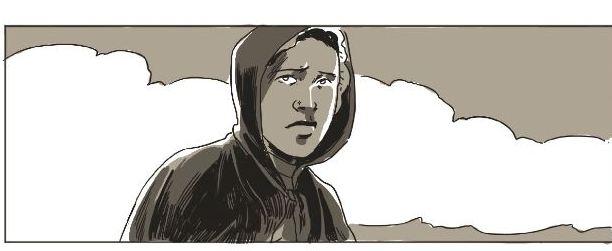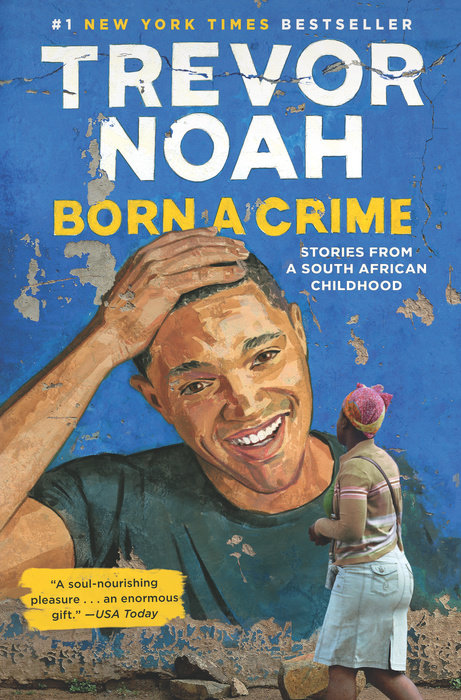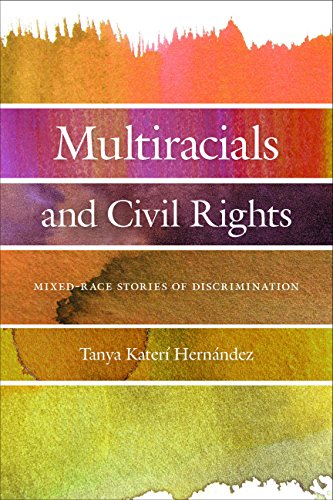What Makes Someone Native American?Posted in Articles, History, Media Archive, Native Americans/First Nation, Politics/Public Policy, United States on 2018-08-21 03:27Z by Steven |
What Makes Someone Native American?
The Washington Post Magazine
2018-08-20
Story by Lisa Rab
Photos by Travis Dove
One tribe’s long struggle for full recognition
In March 2012, Heather McMillan Nakai wrote a letter to the federal Bureau of Indian Affairs asking the agency to verify that she was Indian. She was seeking a job at the Indian Health Service and wanted to apply with “Indian preference.” Nakai knew this might be difficult: As far as she was aware, no one from her North Carolina tribe — the Lumbee — had ever been granted such preference.
Her birth certificate says she’s Indian, as did her first driver’s license. Both of her parents were required to attend segregated tribal schools in the 1950s and ’60s. In Nakai’s hometown in Robeson County, N.C., strangers can look at the dark ringlets in her hair, hear her speak and watch her eyes widen when she’s indignant, and know exactly who her mother and father are. “Who’s your people?” is a common question in Robeson, allowing locals to pinpoint their place among the generations of Lumbee who have lived in the area for nearly 300 years.
Yet in the eyes of the BIA, the Lumbee have never been Indian enough. Responding to Nakai the following month, tribal government specialist Chandra Joseph informed her that the Lumbee were not a federally recognized tribe and therefore couldn’t receive any federal benefits, including “Indian preference.” Invoking a 1956 law concerning the status of the Lumbee, Joseph wrote: “The Lumbee Act precludes the Bureau from extending any benefits to the Indians of Robeson and adjoining counties.” She enclosed a pamphlet titled “Guide to Tracing Indian Ancestry.”…
…In the Jim Crow South, white ancestry was acceptable for indigenous people, but black blood was not. When the United States was dividing up reservations and providing land “allotments” to Indians, a government commission told the Mississippi Choctaw that “where any person held a strain of Negro blood, the servile blood contaminated and polluted the Indian blood.” Many Native Americans internalized these racial politics and adopted them as a means of survival. After North Carolina established a separate school system for Indians in Robeson County in the late 1880s, some Lumbees fought to exclude a child whose mother was Indian and whose father was black.
In their segregated corner of North Carolina, Lumbees enjoyed more power and privileges than their black neighbors, but this was not the case for Native Americans in every state. In Virginia in the 1920s, Indians were required to classify themselves as “colored,” whereas Oklahoma considered Indians to be white — prompting Creek Indians to reject tribal members with black ancestry…
Read the entire article here.



